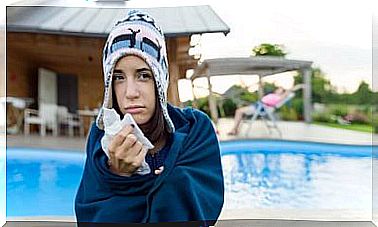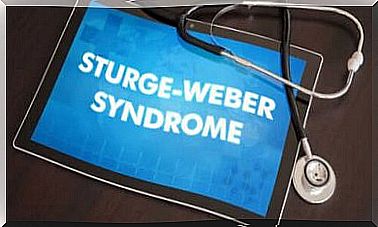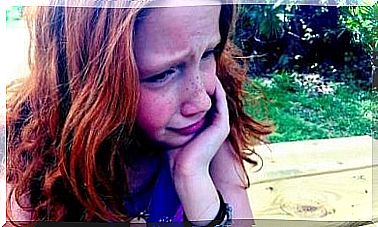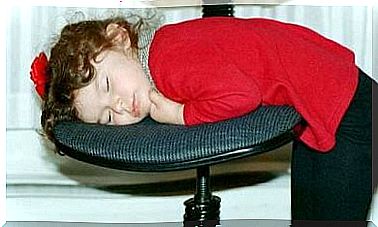Gastroenteritis In Children: What You Need To Know
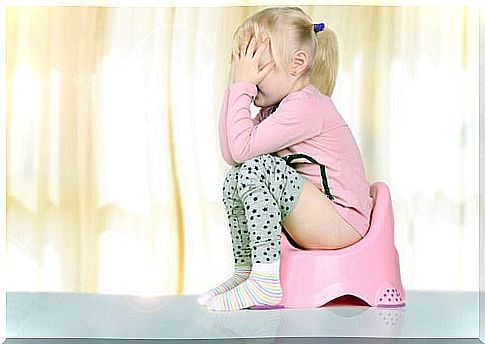
Gastrointestinal inflammation also affects the little ones in the house. It is often confused, sometimes, with simple stomach pains. However, when they persist for days and show certain symptoms, we are dealing with gastroenteritis in children.
It is also called intestinal flu and we are used to hearing about it in young and adult diagnoses. We know that it is this disease, when painful cramps, diarrhea and vomiting occur. For the little ones, this picture can be a little simpler to deal with, but it also requires care.
Below, we present some important facts that every father and every mother should know about gastroenteritis in children.
most common symptoms
This clinical picture is usually characterized in children by the presence of a lot of diarrhea. Stomach pain and vomiting are other recurrent symptoms, although a child with an inflamed stomach does not always vomit.
Nausea and fever complete the symptoms, although in each organism the disease can manifest itself in a completely different way. In addition, children who face this condition often have later problems caused by irritation of the anus skin.
Sometimes the disease goes away on its own. However, adults should be aware of factors such as high fever and dehydration. They can bring serious sequelae to the patient and complicate the child’s health status.
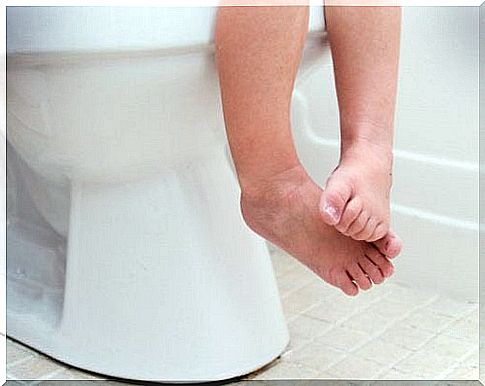
multiple causes
Gastrointestinal inflammation in children can have multiple origins. When we observe that a child has abdominal pain, has diarrhea and vomiting, we think that this is motivated by a
virus
. However, there are other possible causes.
Of course, childhood gastroenteritis can be caused by the invasion of rotavirus, adenovirus, and other similar diseases. However, bacteria such as salmonella and campylobacter can also generate this type of clinical picture in children.
In addition to these, we have dietary causes, inflammatory diseases, and the development of other medical conditions. Less likely to affect children, but occurring in specific cases are: ulcerative colitis, hyperthyroidism, Crohn’s disease, etc.
Types of gastroenteritis in children
Obtaining clues about the clinical picture and origin of this disease in children is possible through observation of diarrhea. For example: when a bacteria present in a food in a state of decomposition attacks, the feces are usually liquid and defecation represents a significant loss of water for the child, with constant visits to the bathroom.
If the origin is salmonella, the feces will be accompanied by mucus and will be a little more solid. In these cases, the child can feel very bad and be affected by a significant condition.
feverish
.
Some steps that should be taken
If the child presents
vomiting
, the correct thing is to wait about 60 or 90 minutes before giving something to eat or drink. The idea is to prevent the bowel from becoming more irritated and keep causing diarrhea. This should be done as long as the child is not dehydrated.
There are medicines and foods ideal for
rehydrate
the child when he is in a more stable phase and as soon as vomiting and defecation have had. Serum is perhaps the best option, given orally or intravenously.
How do you know if a child is dehydrated?
The amount of fluid expelled and the time a child spends without eating food give us a clue as to how dehydrated he or she is. However, the body gives us much clearer signals about this situation.
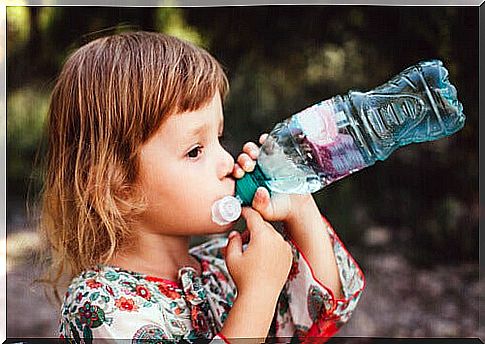
The most obvious signs are dry mouth and lips, slackness, paleness or whitening of the skin, dark circles and little urine. Given this evidence, the ideal is to start administering serum, water and rice juice. While the child is sick, we must prevent him from drinking acidic juices.
Taking care of the diet during and after the illness
An important aspect when a child is going through the illness and during his later recovery is nutrition. Fats, fried foods and dairy products should be eliminated while she is sick and in the days after the illness.
Acidic products and sweets are also not recommended as they can aggravate intestinal irritation. Gastroenteritis in children is treated with a healthy, simple diet.
Rice water is used in these situations and produces incredible results. When gastroenteritis in children is cured, we will soon realize this, as the child’s appetite will increase considerably.
